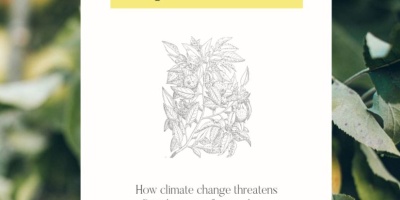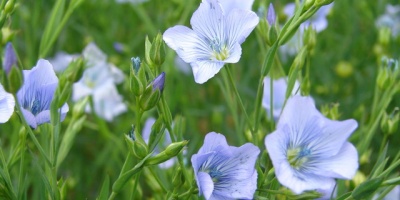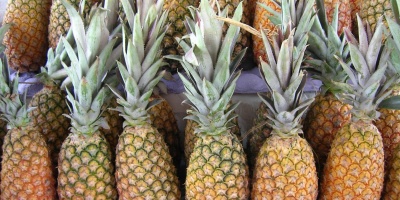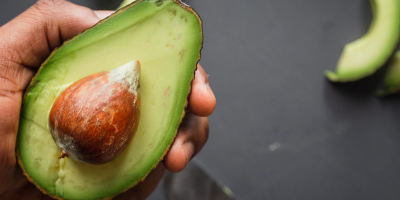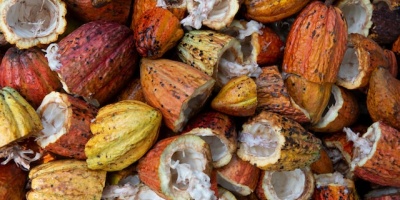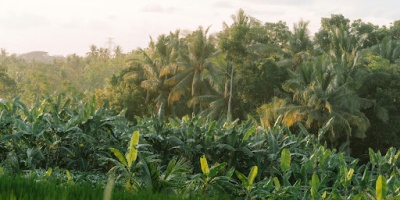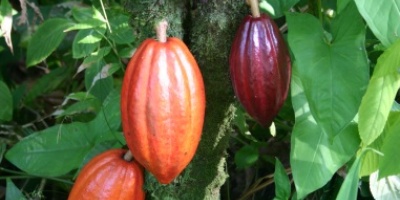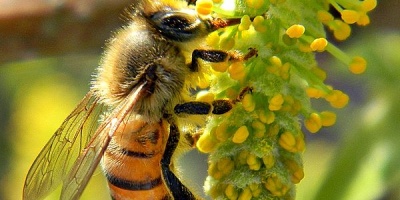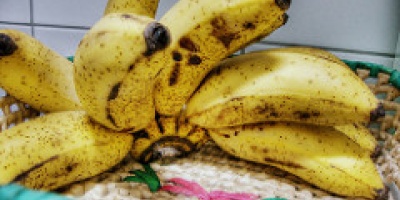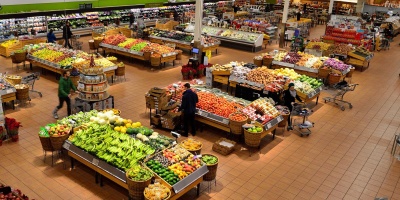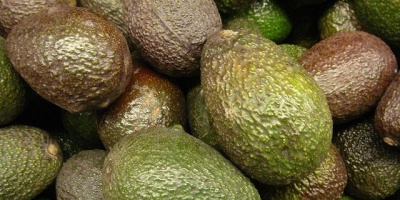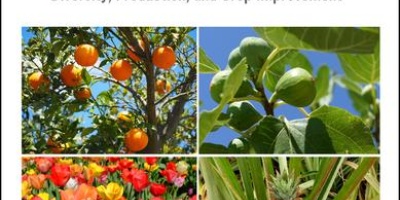In everyday use, a fruit is mostly referred to as any soft, sweet-tasting part of a plant containing seeds. They are considered healthy foods, and dietary guidelines often recommend increased daily intake of this food source, alongside vegetables. The GHG impacts of producing fruit very much depend on the production and distribution methods – for example highly perishable produce such as soft berries may be transported by air at great GHG cost. The production of certain fruits, such as bananas and raspberries, typically entails high pesticide use and because of their high sugar content, may spoil easily. Therefore much fruit is lost and wasted on its way to the consumer, at environmental cost. Commercial almond, walnut and pistachio production are notably water intensive. Some express concern about the socio-economic impact of horticultural exports from developing countries to developed countries; while this can bring much needed cash to poor economies, shortages of nutritious food locally may be exacerbated by the export culture. Other issues relate to exploitation of workers and low wages.

